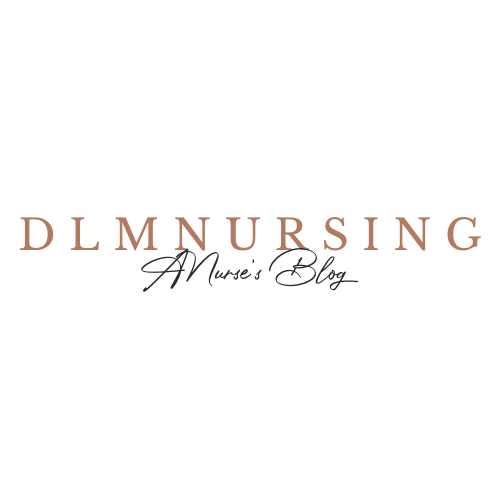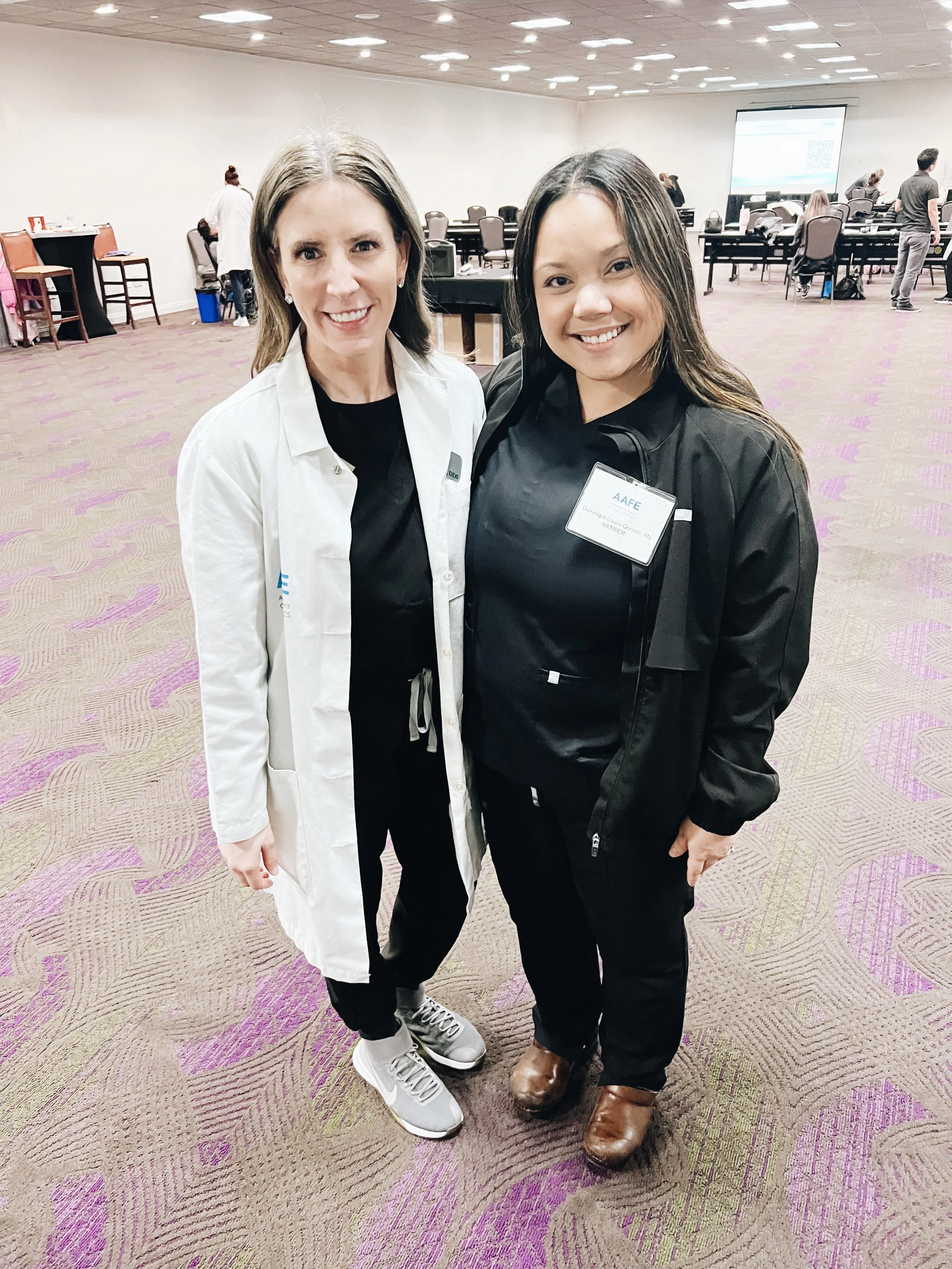What to Expect from Nursing School in 2026: Your Ultimate Guide to Thriving in the New Year
A New Era for Nursing Education
If you’re starting nursing school in 2026, congratulations — you’re stepping into one of the most transformative periods in modern nursing education. The profession is evolving rapidly, driven by technology, competency-based learning, and a growing emphasis on holistic, patient-centered care.
Nursing programs are adapting to meet new demands, preparing students not just to memorize facts, but to think critically, advocate for equity, and collaborate across disciplines. Whether you’re beginning your first semester or returning to finish your degree, understanding what’s ahead can make all the difference in your success.
As a nurse leader, educator, and lifelong learner, I’ve witnessed how these changes impact both students and practicing nurses. This guide will help you navigate what to expect in 2026 — and how to thrive while doing it.
1. Technology and Simulation Are Reshaping Learning
Nursing education has evolved far beyond traditional classroom lectures. In 2026, expect a heavy integration of simulation-based learning, virtual patient platforms, and AI-enhanced tools that allow students to practice decision-making in safe, realistic environments.
Many nursing programs now count simulation hours toward clinical requirements, which helps offset clinical site shortages while maintaining quality. Simulation labs are becoming increasingly advanced — complete with lifelike mannequins, telehealth simulations, and interprofessional scenarios.
How to Prepare:
Familiarize yourself with digital learning platforms such as ATI, Shadow Health, or UbiSim.
Treat simulation sessions as real patient care experiences — practice communication, documentation, and teamwork.
Develop comfort with technology early. Digital fluency is no longer optional in nursing practice.
2. Competency-Based Education Is the New Standard
Many nursing schools are transitioning from traditional grading systems to competency-based models. Instead of earning credit hours, you’ll demonstrate mastery through clinical check-offs, portfolios, and skill-based assessments.
This shift mirrors the reality of nursing practice, where competence and safety matter more than time spent in class. Faculty will evaluate your ability to apply critical thinking, prioritize care, and communicate effectively — not just recall textbook material.
How to Prepare:
After each lab or clinical, take five minutes to reflect: What did I do well? What could I improve next time?
Keep a learning journal or portfolio to document growth and feedback.
Ask instructors for clarification on performance rubrics early in the term.
3. Broader Clinical Exposure Beyond Hospitals
The definition of nursing care is expanding. Expect more rotations and projects centered around community health, telehealth, public health, and population health.
As the healthcare system moves toward prevention and continuity of care, nursing students must understand social determinants of health (SDOH) — factors like housing, income, and access to care that directly impact patient outcomes.
How to Prepare:
Approach every patient with curiosity about their life context, not just their diagnosis.
Read up on SDOH, health equity, and cultural humility before your semester begins.
Volunteer in community-based or outreach programs to gain real-world perspective.
4. Mental Health and Resilience Are Essential Skills
Nursing school is academically demanding and emotionally taxing. The curriculum is fast-paced, clinical expectations are high, and balancing personal responsibilities adds another layer of pressure.
In 2026, schools are emphasizing mental health support, peer mentorship, and wellness strategies more than ever. Resilience and self-awareness are now considered professional competencies, not just personal traits.
How to Prepare:
Develop a self-care plan that includes adequate rest, nutrition, and downtime.
Identify your support system — classmates, mentors, or friends who understand the journey.
Recognize early signs of burnout and seek help without guilt.
5. Time Management Will Make or Break Your Success
Between classes, clinicals, assignments, and possibly a job, nursing school can feel overwhelming without structure. The key is intentional planning and consistency.
How to Prepare:
Use a digital planner or paper system to block out study time, breaks, and personal commitments.
Review your schedule weekly and adjust as needed — flexibility is part of success.
Follow the “3-3-1 Rule”: three focused study hours per major course, three self-care breaks per day, and one weekly celebration of progress.
6. Collaboration Over Competition
Nursing education is increasingly interprofessional. You may find yourself learning alongside medical, pharmacy, or physical therapy students in shared case studies or simulations. The goal is to prepare you for the teamwork that defines modern healthcare.
How to Prepare:
Be open to feedback and practice assertive yet respectful communication.
When working in groups, use phrases like, “What can I help with?” or “Can I share an observation?” to foster collaboration.
Remember that teamwork and professionalism matter as much as technical skill.
7. Lifelong Learning Is Non-Negotiable
The days of completing nursing school and “being done” are over. The profession now demands continuous education, certifications, and micro-learning to stay current.
Technology, policy, and best practices evolve constantly — your adaptability will define your success more than your GPA ever could.
How to Prepare:
Explore certifications or special interests early (such as wound care, informatics, or leadership).
Subscribe to reputable nursing journals or podcasts to stay informed.
Embrace curiosity as part of your professional identity.
Pre-Semester Checklist
Before your program begins, take time to set yourself up for success:
Review your school’s virtual learning tools and simulation systems.
Organize your study space and gather essential supplies.
Set up a planner for your semester schedule.
Create a personal statement of purpose for why you chose nursing — it will anchor you during difficult weeks.
Connect with upperclassmen or alumni for mentorship and advice.
Final Thoughts
Starting nursing school in 2026 means entering a world where compassion meets innovation. The path ahead is rigorous, but it’s also deeply rewarding. You’ll gain not only clinical skills but also resilience, adaptability, and purpose — qualities that define great nurses.
The future of nursing education is not about memorization; it’s about transformation. Stay curious, stay grounded, and remember that every challenging moment brings you one step closer to the nurse you’re meant to become.
Looking for more resources?
Visit DLMNURSING.com for free study tools, NCLEX prep questions, and digital downloads to help you organize your nursing journey.




